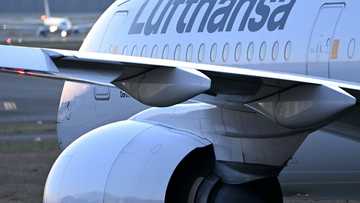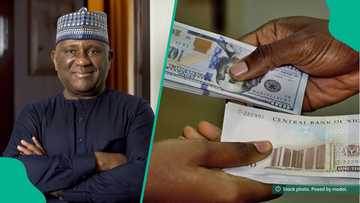10 Key Takeaways from Tinubu’s 65th Independence Day Broadcast
- In his traditional presidential address on Independence Day, Tinubu assured Nigerians that the country’s hardest economic phase is over
- The president highlighted stronger reserves at $42.03bn, reduced debt servicing ratio, and revived crude production
- He also mentioned that over 510,000 students benefit from the Nigerian Education Loan Fund as the government expands access to higher education and youth empowerment schemes
President Bola Ahmed Tinubu, during his 65th Independence Day broadcast on Wednesday, October 1, assured Nigerians that the country’s hardest economic days are behind it.
He said ongoing reforms are now yielding measurable results and urged citizens to remain hopeful.
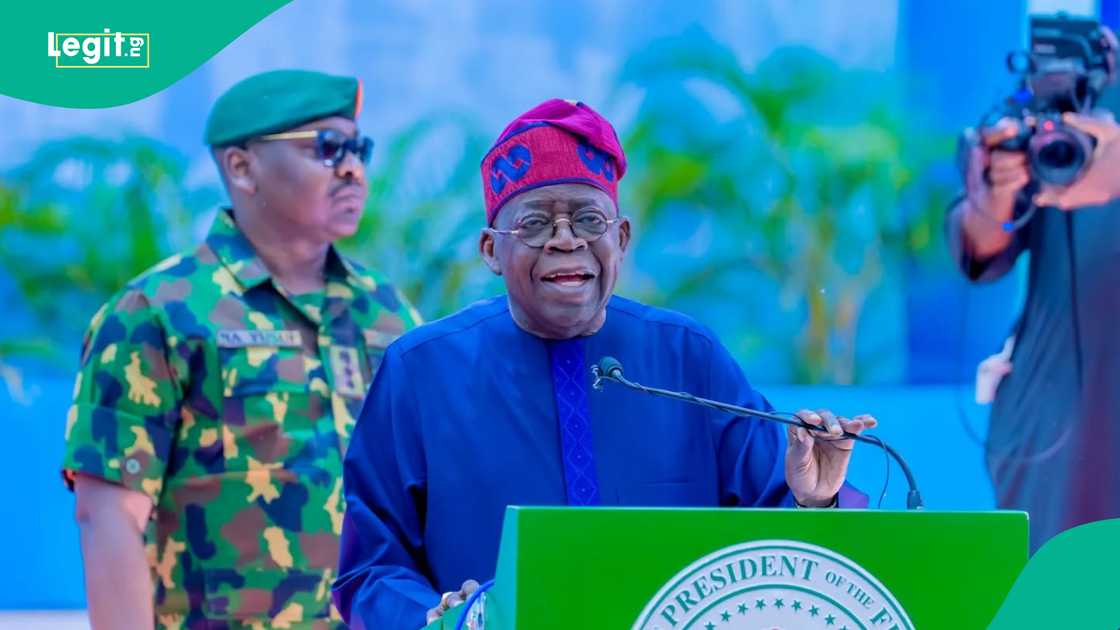
Source: Facebook
Here are 10 things to note from President Tinubu’s address:
1. Economic growth
Tinubu announced that Nigeria’s economy expanded by 4.23 percent in the second quarter of 2025, the fastest pace in four years. He added that inflation slowed to 20.12 percent in August, the lowest level since 2022.
According to him, the removal of fuel subsidies and exchange rate reforms redirected funds into the productive economy. He listed agriculture and food security as key areas being strengthened to bring down costs for ordinary citizens.
2. Stronger reserves
The President disclosed that Nigeria’s external reserves had climbed to 42.03 billion dollars, the highest since 2019. He described this as proof of growing investor confidence and a sign that trade surpluses are returning.
3. Fiscal stability
He said the debt service-to-revenue ratio had fallen from 97 percent in 2022 to below 50 percent. This, he explained, created room for more spending on health, education, infrastructure and social programmes. The administration has also paid down large central bank loans that once put pressure on the economy.
4. Oil and energy sector
Tinubu reported that crude oil output had recovered to 1.68 million barrels per day from barely one million in 2023. He attributed this to improved security in the Niger Delta and renewed investment in the sector.
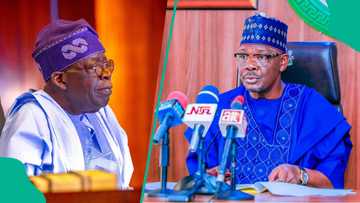
Read also
APC gov discusses how his colleagues have enough money to tackle insecurity: "You've no excuse"
He further announced that Nigeria had resumed refining petrol locally for the first time in four decades. Aviation fuel exports have also placed the country ahead of peers on the continent.
5. Infrastructure drive
Major construction projects are moving forward, according to the President. These include the Lagos–Calabar Coastal Highway and the Kano–Maradi rail line. He described them as projects that will connect regions, support jobs, and promote trade.
6. Social investments
Over 330 billion naira has been distributed to eight million households through the Social Investment Programme. Tinubu added that schemes such as YouthCred and Credicorp were giving loans to families and young Nigerians to expand opportunities.
7. Student loans
The President said the Nigerian Education Loan Fund had already supported more than 510,000 students across 36 states and the Federal Capital Territory. He called it a milestone in broadening access to education, pointing out that both tuition fees and living allowances are now being covered.
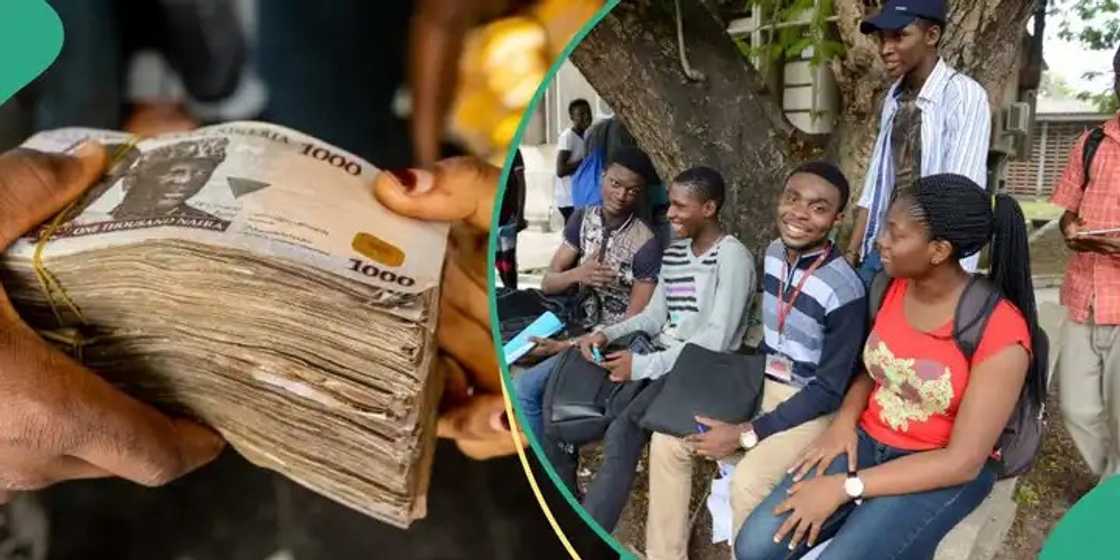
Source: Getty Images
8. Security gains
Tinubu stated that the armed forces are pushing back insurgents and bandits. In his words, displaced persons in the North-East and North-West are beginning to return home.
He assured that the government remains committed to fully ending insecurity.
9. Youth empowerment
The President spoke about the creativity of Nigerian youths, citing programmes such as iDICE, education loans, and creative industry funds. He urged young people to keep innovating and pursuing excellence in science, sports, technology and the arts.
He said the government will continue to fund and support initiatives that give them “wings to fly.”
10. Unity and nationhood
Tinubu closed his broadcast with a call for patriotism. He asked Nigerians to honour the vision of the nation’s founding fathers by working together for unity and greatness. He also appealed to citizens to support local industries, pay taxes, and uphold civic duties.
Full Text of Tinubu's speech
Earlier, Legit.ng reported that in a usual and traditional practice for the country's commander-in-chief, President Tinubu addressed the nation in the morning of Wednesday, October 1.
Marking the 65th year since Nigeria secured its independence from colonial rule, Tinubu, in his lengthy speech, recounted the selfless efforts of past heroes who laid down their bodies and souls for the prosperity of the country.
Here is the full text of his speech.
Source: Legit.ng


